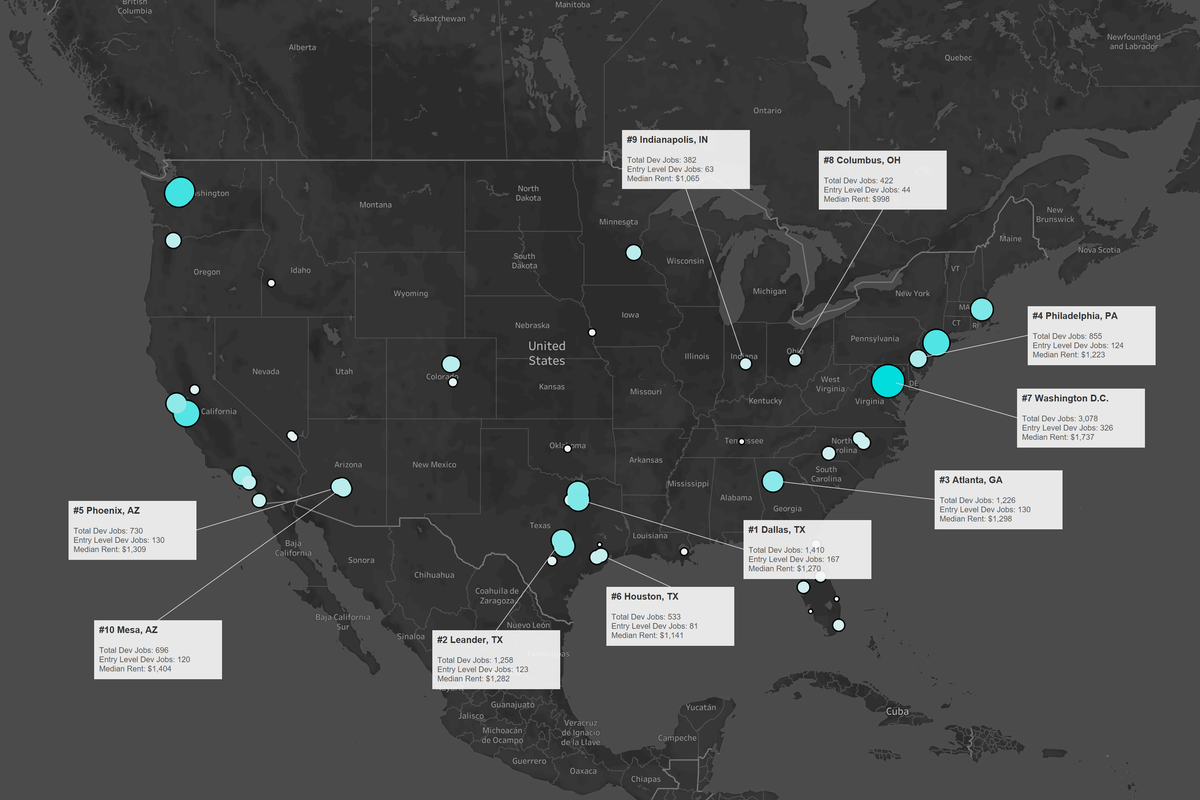Editor's note: In this week's roundup of Houston innovators to know, I'm introducing you to three local innovators across industries recently making headlines in Houston across energy, health care, and more.
Natara Branch, CEO of Houston Exponential

Natara Branch joins the Houston Innovators Podcast to discuss changes to the organization's spring summit. Photo courtesy of HX
For three years, Houston Exponential has hosted a week-long event showcasing and connecting Houston's tech and innovation community, but next year it might look a little different.
Houston Tech Rodeo, which originated in 2020, has been rebranded to H-Town Roundup, but the week of innovation and entrepreneurship still has the same goal of providing programming and events that connect and educate Houstonians. And, for the ease of transition, the organization is still conveniently referring to the event as HTR.
Natara Branch, CEO of Houston Exponential, says the change is meant to make for a more inclusive experience for entrepreneurs of small businesses, something she's seen a need for since she took on her role last year.
"This year, we've had the better part of a year to think about what can be different and how can we serve the founder," she says on the Houston Innovators Podcast. Read more.
Tim Latimer, CEO and founder of Fervo Energy

Tim Latimer, CEO and co-founder of Fervo Energy. Photo via LinkedIn
Google is on a mission to run all of its data centers and office campuses on constant carbon-free energy by 2030, and the tech giant is one step closer to that goal thanks to technology from a Houston startup.
Last week, Google announced that its 24/7 carbon-free energy, or CFE, in Nevada to power its local data center in the state is officially operational. The facility is powered by Houston-based Fervo Energy's geothermal technology, a project — called Project Red — that began in 2021 and celebrated its successful pilot this summer. Tim Latimer founded Fervo on the West Coast before relocating the company to Houston. Read more.
Ayse McCracken, founder of Ignite Health Foundation

Ignite has announced a new foundation to further its reach in supporting women in health care. Photo via ignitehealthcare.org
For the past few years, a Houston organization has supported nearly 100 female-founded health tech startups with programming, crucial connections, and more. Now, with a newly launched nonprofit arm, the organization is taking it to the next level to bolster women in health care.
Ignite Healthcare Network, which was founded in 2017 by longtime Houston health care professional Ayse McCracken, has created Ignite Health Foundation, a nonprofit foundation, to go beyond startups and technology to support women in health care across the board with networking and events, in-person and virtual programming, professional development, and more.
"The Foundation is a vehicle for major fundraising grants and foundations allowing Ignite to scale the work we do to discover exceptional women leaders and innovators, connect them with an expert community and help them achieve their career goals," McCracken says. Read more.





